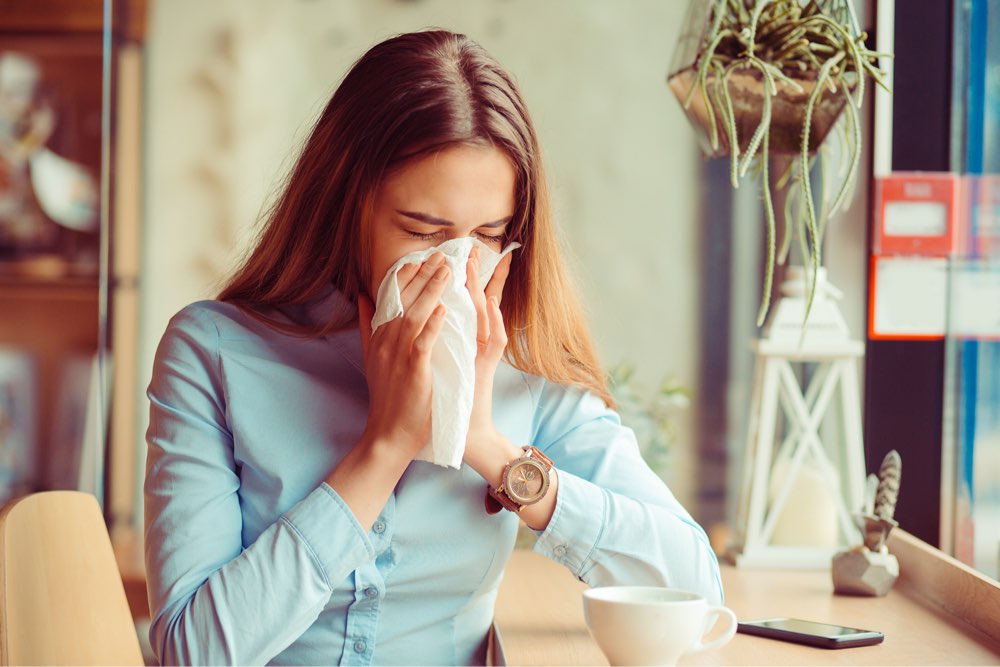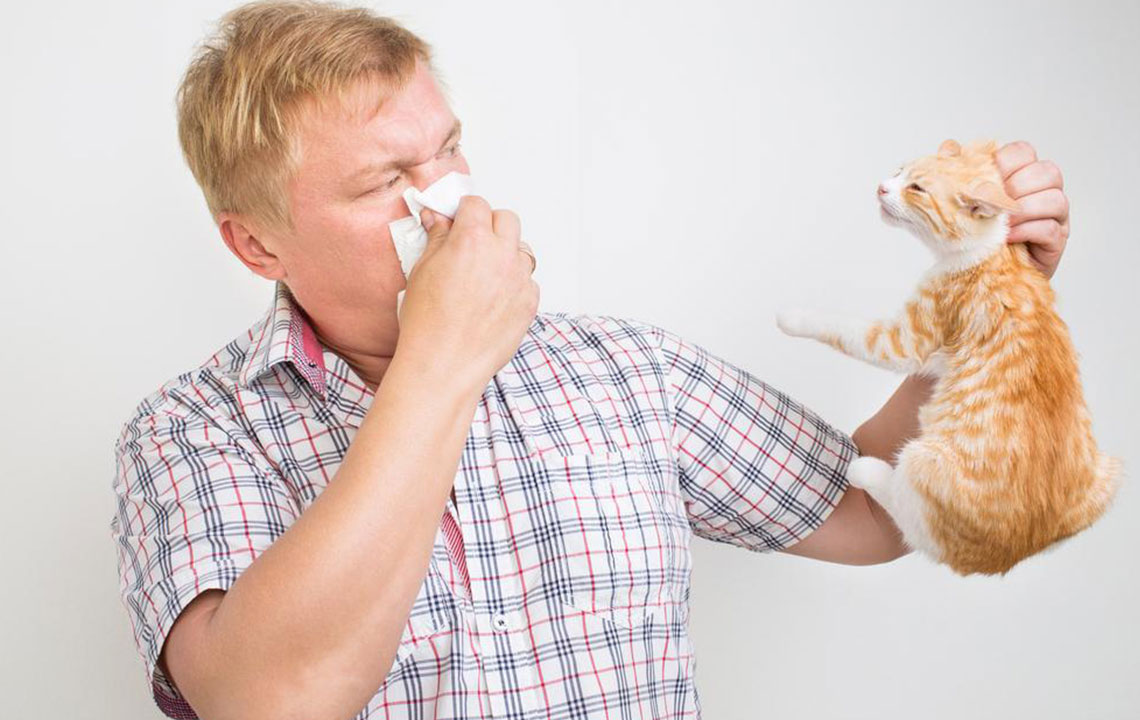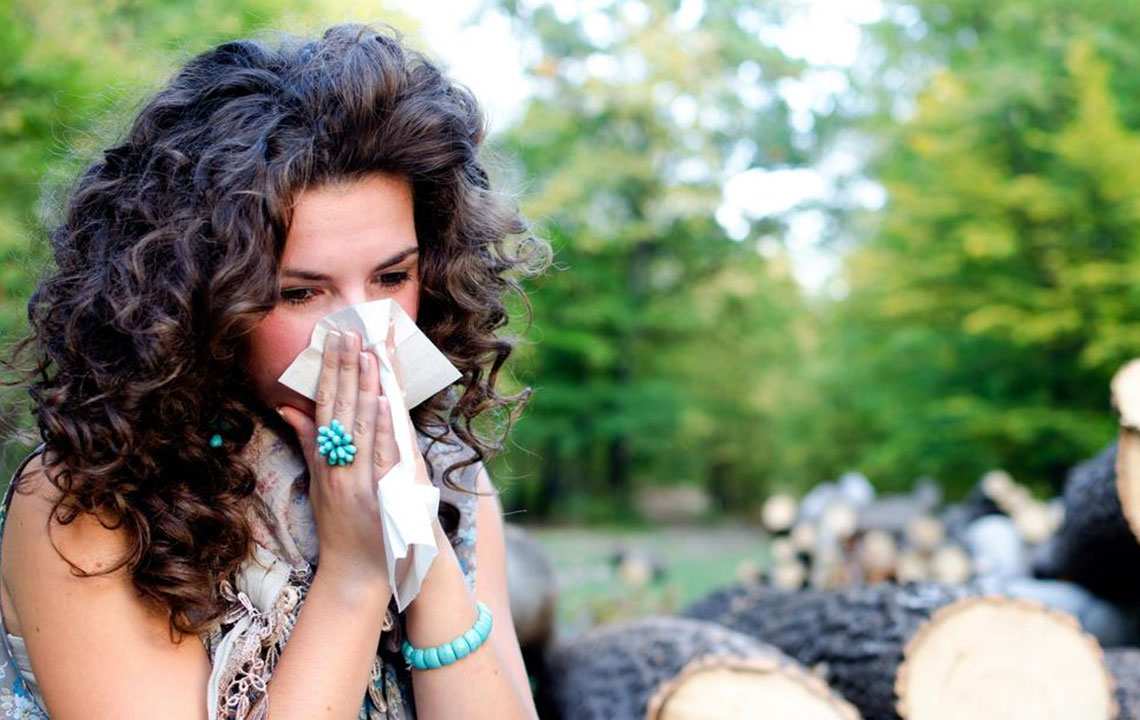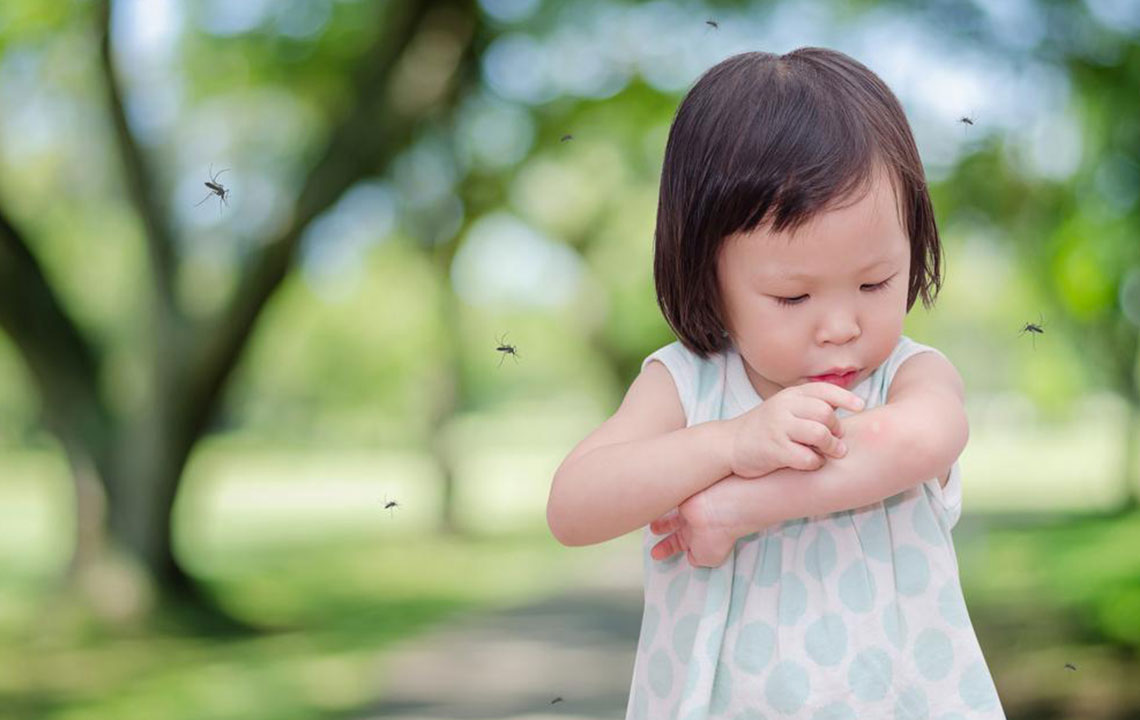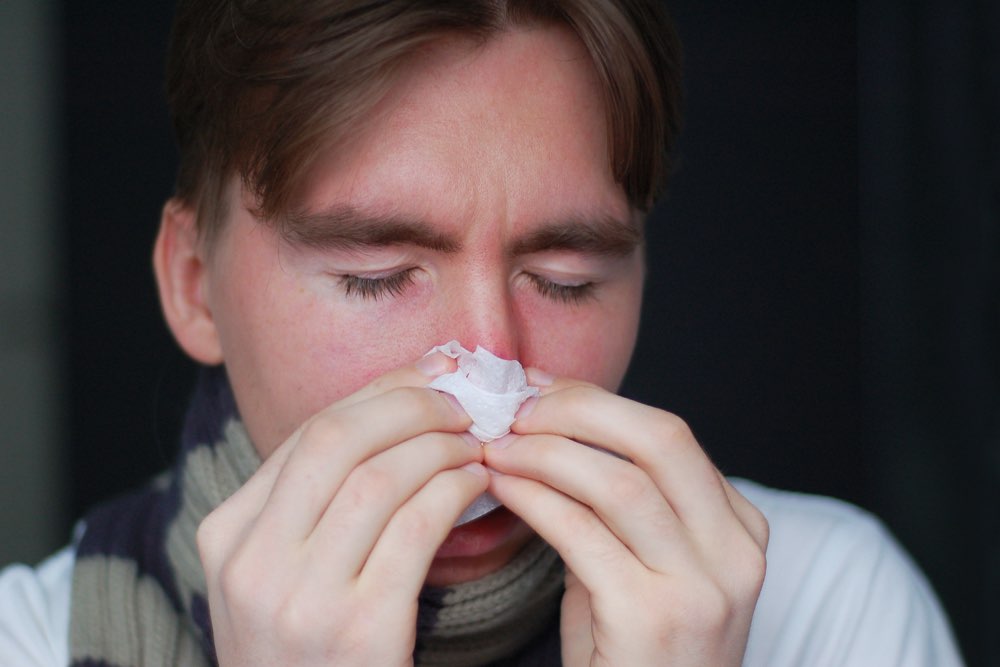Signs and Triggers of Nocturnal Allergies
Nocturnal allergies can significantly impact sleep, causing symptoms like a stuffy nose, sinusitis, sneezing, and itchy skin. Common triggers include dust mites, pollen, and pet dander. Proper management, such as regular cleaning and allergen avoidance, can help reduce symptoms and improve sleep quality. Awareness of allergy triggers and proactive steps are essential for those affected by nighttime allergies to maintain better health and rest.
Sponsored
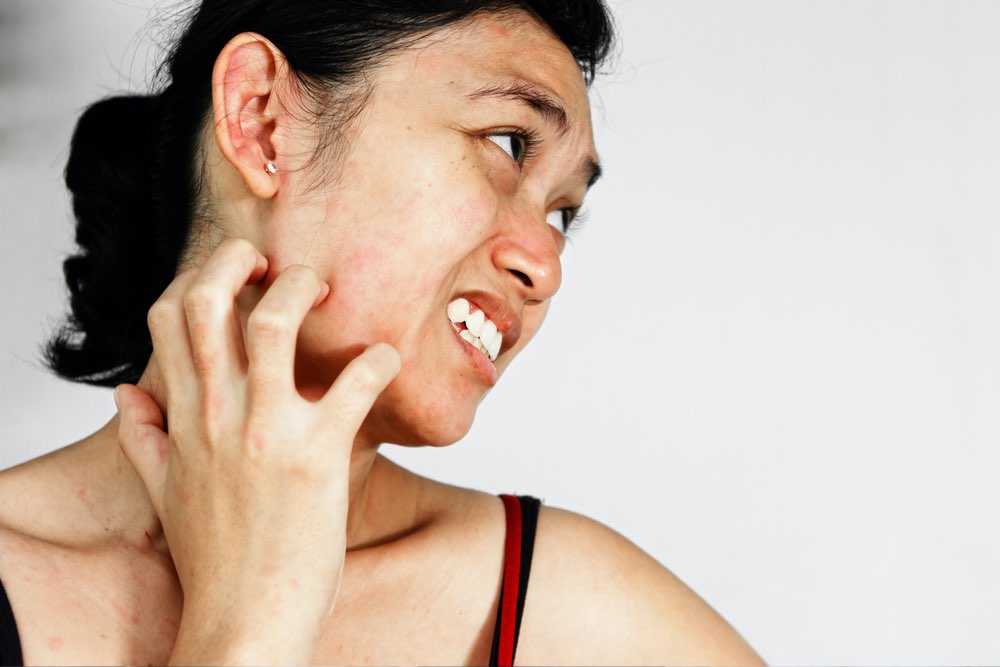
Some allergies are seasonal, while others persist year-round. Regardless, they can cause you to experience sneezing, nasal congestion, and disrupted sleep. Nighttime allergies often intensify after dark, leading to poor sleep quality and fatigue the next day. Various factors contribute to these allergies, but effective management techniques exist. In this article, we'll explore common symptoms associated with nighttime allergies and identify frequent allergens that trigger them.
Key Symptoms
Common indicators of nighttime allergies include:
Runny or congested nose
Exposure to allergens prompts your immune system to react, resulting in a runny or stuffy nose, itchiness in the eyes, and discomfort on the palate.
Sinus Inflammation
Allergic responses can cause sinusitis, leading to headaches, sore throat, wheezing, coughing, and nasal discharge. Sinus lining swelling may also occur.
Sneezing
When allergens enter your nasal passages, your body reacts by sneezing or coughing, which helps clear irritants.
Itchy Skin
Allergens may cause skin itchiness similar to eczema, with possible blisters, dryness, and persistent discomfort.
Common Allergens and Management Tips
Dust Mites
Thrive in warm, humid settings, feeding on dead skin and inhabiting carpets, bedding, and upholstery.
What to Do: Regularly dust and vacuum, wash bedding and stuffed toys in hot water, and replace air filters as needed.
Pollen
An outdoor allergen that can enter indoor spaces via clothes, hair, and belongings.
What to Do: Shower after outdoor exposure, change clothes, keep windows closed, and monitor pollen forecasts.
Pet Dander
Furry animals shed skin flakes, saliva, and fur that can cause allergic reactions, even in homes without pets.
What to Do: Change clothes after pet contact, clean frequently, and limit pet access to bedrooms. Consider allergy testing before adopting pets.

